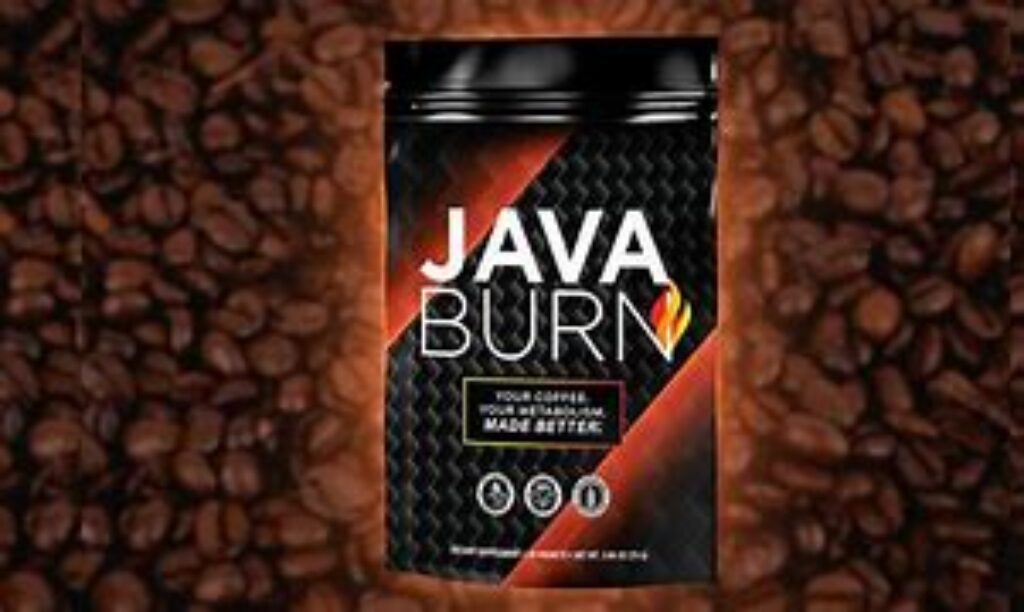Healthy Weight Loss – Low Fat Recipes

Why Low-Fat Meals Are Great for Healthy Weight Loss
When it comes to weight loss, the type of diet you choose can significantly impact your success. One popular approach is incorporating low-fat meals into your daily routine. Here’s why low-fat meals can be an excellent choice for healthy weight loss:
1. Calorie Control
Fat contains more than twice the calories per gram compared to proteins and carbohydrates. By reducing your fat intake, you naturally lower your overall calorie consumption, making it easier to create a calorie deficit, which is essential for weight loss1.
2. Heart Health
Low-fat diets are often associated with improved heart health. Reducing saturated and trans fats can help lower cholesterol levels and reduce the risk of heart disease. This is particularly important for those who are overweight, as they are at a higher risk for cardiovascular issues2.
3. Nutrient-Dense Foods
Low-fat diets encourage the consumption of nutrient-dense foods like fruits, vegetables, whole grains, and lean proteins. These foods are not only lower in calories but also rich in essential vitamins, minerals, and fiber, which support overall health and well-being.

4. Sustainable Eating Habits
Adopting a low-fat diet can lead to more sustainable eating habits. Since low-fat meals often include a variety of whole foods, they can be more satisfying and less likely to lead to overeating. This can help maintain weight loss over the long term.
5. Reduced Risk of Obesity
By focusing on low-fat meals, you can reduce the risk of obesity. High-fat diets are often linked to weight gain and obesity, so cutting back on fat can help prevent these issues and promote a healthier body weight.
6. Improved Digestion
Low-fat diets can improve digestion and reduce the risk of gastrointestinal issues. High-fat foods can be harder to digest and may cause discomfort, while low-fat options are generally easier on the digestive system.
Tips for Incorporating Low-Fat Meals
- Choose Lean Proteins: Opt for chicken, turkey, fish, and plant-based proteins like beans and lentils.
- Load Up on Vegetables: Fill half your plate with a variety of colorful vegetables.
- Go Whole Grain: Choose whole grains like brown rice, quinoa, and whole wheat bread.
- Limit Processed Foods: Avoid processed foods that are often high in unhealthy fats and added sugars.
- Healthy Cooking Methods: Use grilling, baking, steaming, or sautéing with minimal oil instead of frying.
Conclusion
Low-fat meals can be a powerful tool for healthy weight loss. By focusing on nutrient-dense, low-calorie foods, you can create a sustainable eating plan that supports your weight loss goals and overall health. Remember, it’s always best to consult with a healthcare provider or a registered dietitian before making significant changes to your diet.

